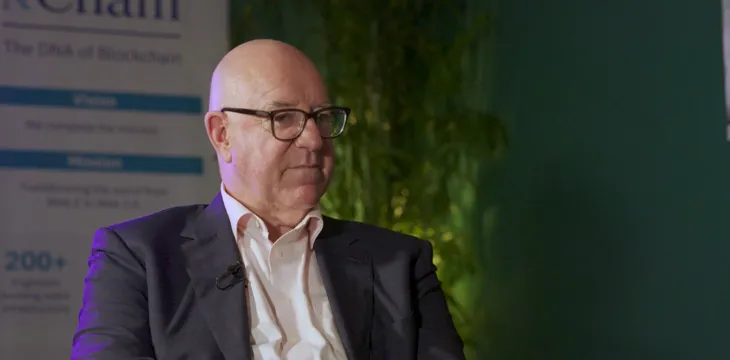|
Getting your Trinity Audio player ready...
|
Experts have described the Philippines as a possible global blockchain hub, and the country—with nearly 114 million population—is not one to lose the race. With its talent pool, growing resources, and the right partners, the Philippines could well be a dark horse in adopting blockchain technology and developing use cases that target real-life problems.
Empowering the youth
Global blockchain technology group nChain is among those that have pledged support to the Philippines in attaining its ambition, recently holding a networking event at the Manila House in Bonifacio Global City to rally key industry players to build steppingstones that would boost the adoption of the nascent technology in the country, while disclosing its current progress and laying out plans to aid this scheme further.
“We talked about blockchain, and we talked about the applications we’re building in Bataan. But we took it to another scale,” nChain Group’s Executive Chairman Stefan Matthews said. “We talked about the sovereignty of government data. We talked about issues if government were to use blockchain technology on a large scale.”
nChain has previously said the national government has a vital part to play in making this successful, and the company isn’t the first to state this. But achieving mass blockchain adoption needs a whole-of-nation approach, a key point highlighted by Matthews.
Apart from the government and the public and private sectors, the Philippines needs to future-proof its population, beginning with its asset—the youth—the primary group that helped ensure recognition of the Philippines in the global blockchain scene.
In his speech, Matthews stressed the need to empower the youth by arming them with the proper knowledge and skillset needed to navigate the ins and outs of the blockchain industry and shaping them to become leaders of the future, a critical aspect that would be beneficial in the nation’s movement to adopt and embrace emerging technologies.
The first point of entry—the academe
Building on these statements, Matthews revealed nChain’s plan to partner with top universities in the country in developing educational programs and training initiatives to prepare the Philippines for the blockchain revolution.
“We’ll be working with faculty staff to train them on the delivery of blockchain courses, blockchain material; We’ll also be working with them to finalize a curriculum for a course that will be offered in the second semester of this year,” Matthews said, referring to its recent memorandum of understanding for blockchain and research with the Ateneo de Manila University.
Blockchain educator Christian Pulmano, one of the key participants of the networking event, voiced his enthusiasm for the project and acknowledged the benefits the Philippines could reap from collaborating with nChain on this promising initiative.
“We’ll learn a lot from them on how to implement this technology where it works best,” said Pulmano. “And more so, their expertise in this field will actually be very helpful for our upcoming research, that will also go into this technology.”
Projects such as this align with nChain’s move to focus on integrating businesses in the Web3 world and governments. The company is also establishing Block Dojo Philippines in the province of Bataan, which it described as a significant step toward positioning the country as the future blockchain hub in Asia.
Watch: Stefan Matthews ‘Philippines has the chance to leapfrog developed nations through blockchain’

 07-08-2025
07-08-2025 





